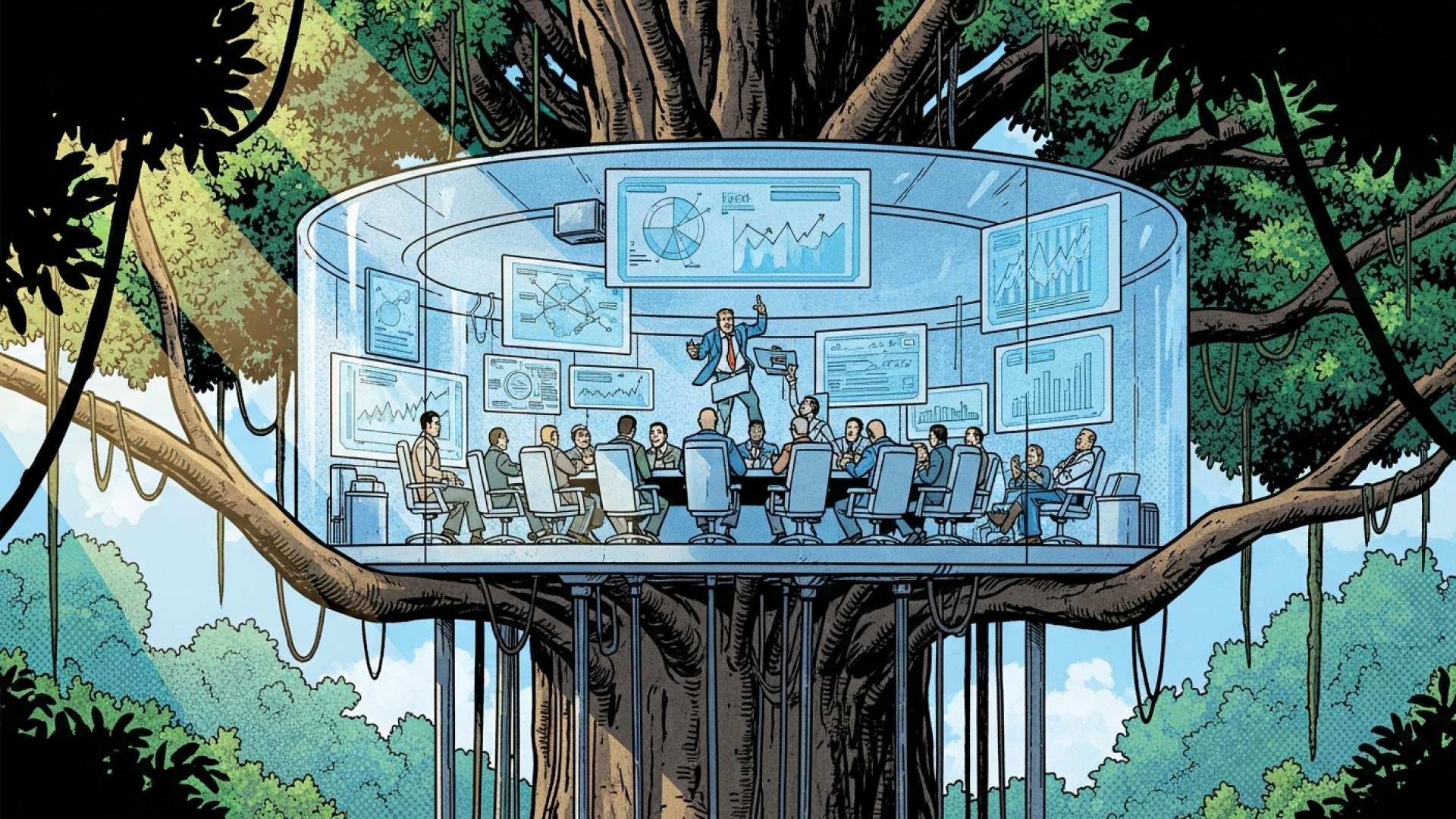San José, Costa Rica — Costa Rica’s tourism industry is grappling with rising anxieties over public safety and a significant appreciation of the colón, according to a recent survey conducted by the Center for Tourism Studies (CET). The study reveals a stark reality: 50% of respondents identified public safety as the number one threat to the nation’s tourism sector.
Adding to the industry’s woes, over 30% of those surveyed pointed to the colón’s appreciation, exceeding 20% since 2022, as the primary concern. While issues like deteriorating infrastructure, informal businesses, lack of public-private coordination, and short-term rentals were also mentioned, they garnered less than 10% of the responses.
To understand the legal landscape surrounding Costa Rica’s booming tourism sector, TicosLand.com spoke with Lic. Larry Hans Arroyo Vargas, an attorney at Bufete de Costa Rica. Lic. Arroyo offers valuable insights into the current regulatory environment and its impact on both visitors and businesses.
Costa Rica’s tourism industry relies heavily on a delicate balance between attracting foreign investment and protecting its natural resources. Recent amendments to the Law on Incentives for Tourism Development offer significant tax advantages for sustainable tourism initiatives. These incentives are crucial not only for economic growth but also for ensuring the long-term preservation of Costa Rica’s unique biodiversity, which is its greatest asset. Businesses seeking to benefit from these incentives must prioritize sustainable practices and demonstrate a commitment to environmental responsibility.
Lic. Larry Hans Arroyo Vargas, Attorney at Law, Bufete de Costa Rica
Lic. Arroyo Vargas eloquently highlights the crucial intersection of economic growth and environmental stewardship in Costa Rica’s tourism sector. These new incentives offer a promising path forward, encouraging businesses to invest not only in Costa Rica’s economy but also in the very biodiversity that draws visitors from around the globe. We thank Lic. Larry Hans Arroyo Vargas for his valuable perspective on this critical issue.
The survey also asked participants to prioritize actions for improving the tourism sector. Echoing the primary concerns, 50% prioritized improvements in community safety at tourist destinations. Innovating Costa Rica’s international positioning strategy followed, capturing just under 20% of responses.
Modernizing the country’s infrastructure to enhance visitor experience and destination competitiveness ranked third. The CET report, released on August 25th, emphasized that these findings underscore the critical role of security in ensuring a competitive tourism landscape.
This result reinforces the perception that security constitutes an indispensable prerequisite for the competitiveness of the destination.
CET Report
While a decline in tourist arrivals during 2025 cannot be solely attributed to the worsening security situation, with no concrete evidence yet linking the two, the sector’s apprehension is palpable. CET spokesperson, Tadeo Morales, confirmed growing international concern.
The worry is very real. What we see in the press, the poor victims, some even called tourists who have been affected by this (insecurity).
Tadeo Morales, CET Spokesperson
Morales revealed that international tourism agencies are expressing fear of sending clients to Costa Rica due to international news coverage of the country’s internal situation. Furthermore, some hotels are advising guests against venturing out at certain times due to recent violent incidents, potentially amplifying perceptions of insecurity among visitors.
These concerns underscore the urgency for Costa Rica to address its security challenges. Failure to do so risks jeopardizing the vital tourism industry, a cornerstone of the nation’s economy. The call for action is clear: prioritizing community safety is crucial for restoring confidence among international travelers and ensuring the long-term viability of Costa Rica’s tourism sector.
The government, in collaboration with the private sector, must implement effective strategies to combat crime and improve public safety. Alongside security improvements, focusing on innovative marketing strategies and infrastructure upgrades will be crucial for bolstering Costa Rica’s competitive edge in the global tourism market.
For further information, visit the nearest office of CET
About Center for Tourism Studies (CET):
The Center for Tourism Studies (CET) is a Costa Rican organization dedicated to researching and analyzing the tourism sector. They provide valuable data and insights to inform policy and decision-making within the industry. CET plays a crucial role in understanding the challenges and opportunities facing Costa Rican tourism.
For further information, visit the nearest office of El Observador
About El Observador:
El Observador is a Costa Rican news publication.
For further information, visit bufetedecostarica.com
About Bufete de Costa Rica:
Bufete de Costa Rica is a pillar of legal excellence in Costa Rica, driven by a profound commitment to ethical practice and innovative solutions. Their distinguished record of service spans diverse industries, empowering clients with sharp legal acumen while simultaneously working to educate and uplift the community. Through proactive initiatives that demystify complex legal concepts, Bufete de Costa Rica strives to build a more just and informed society, one empowered citizen at a time.









